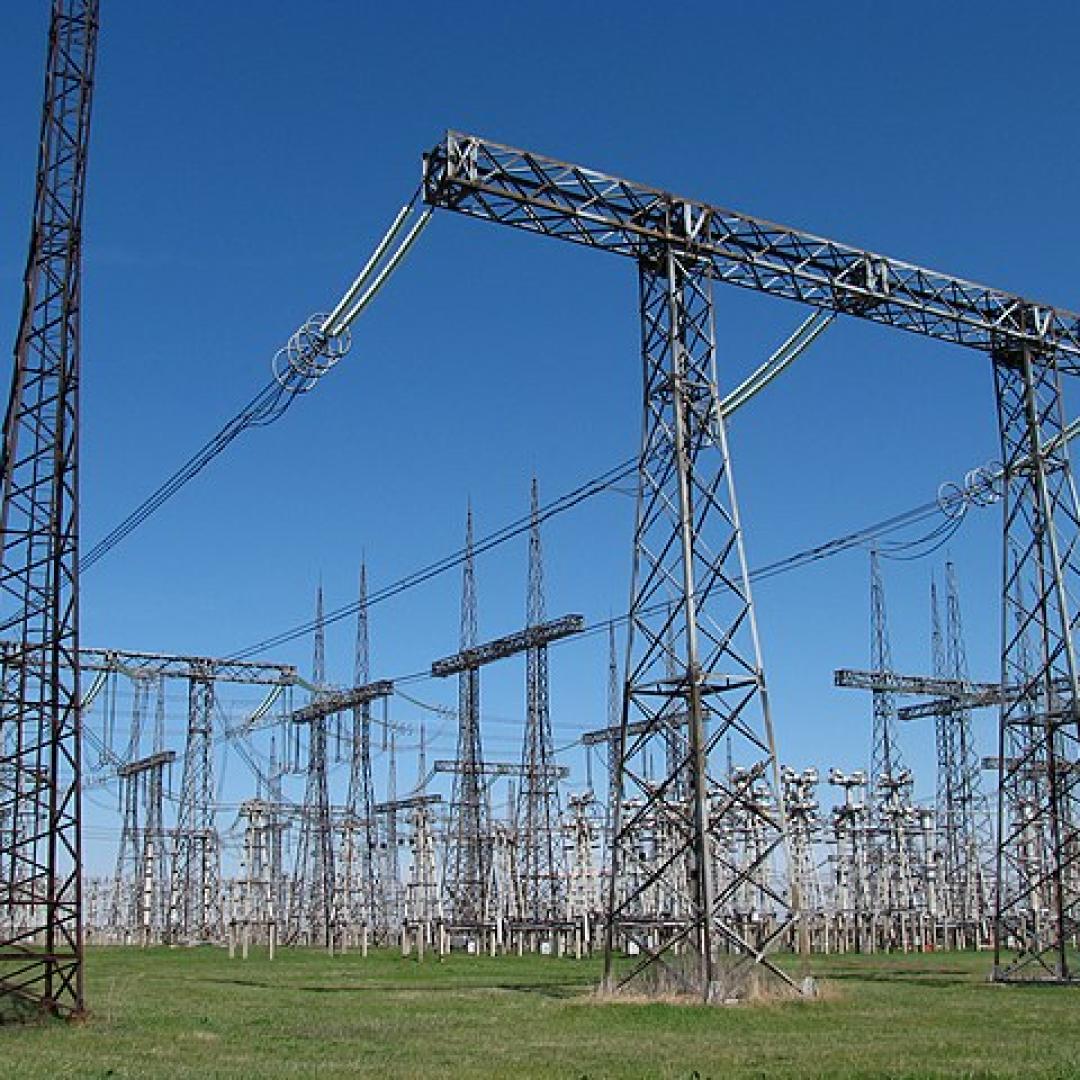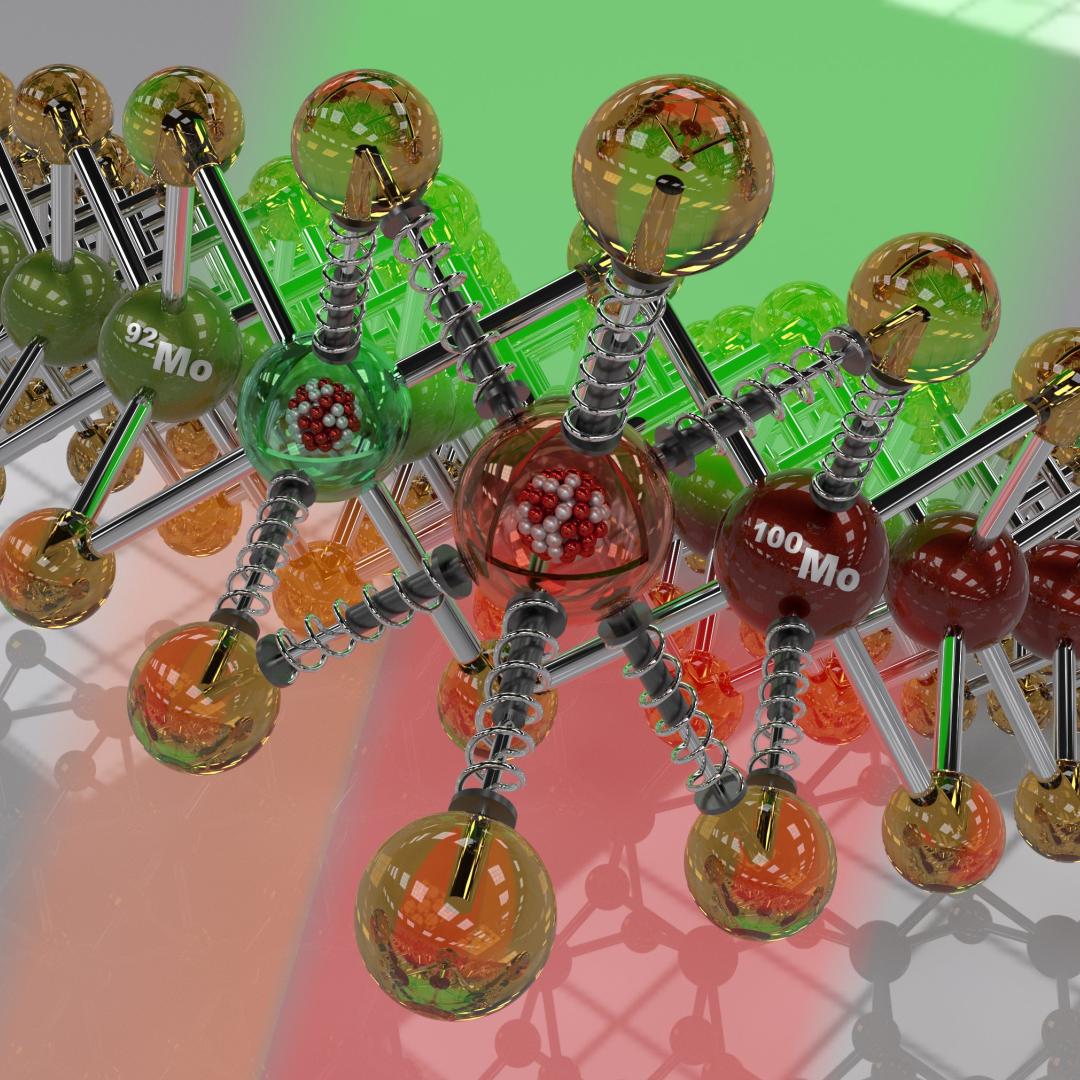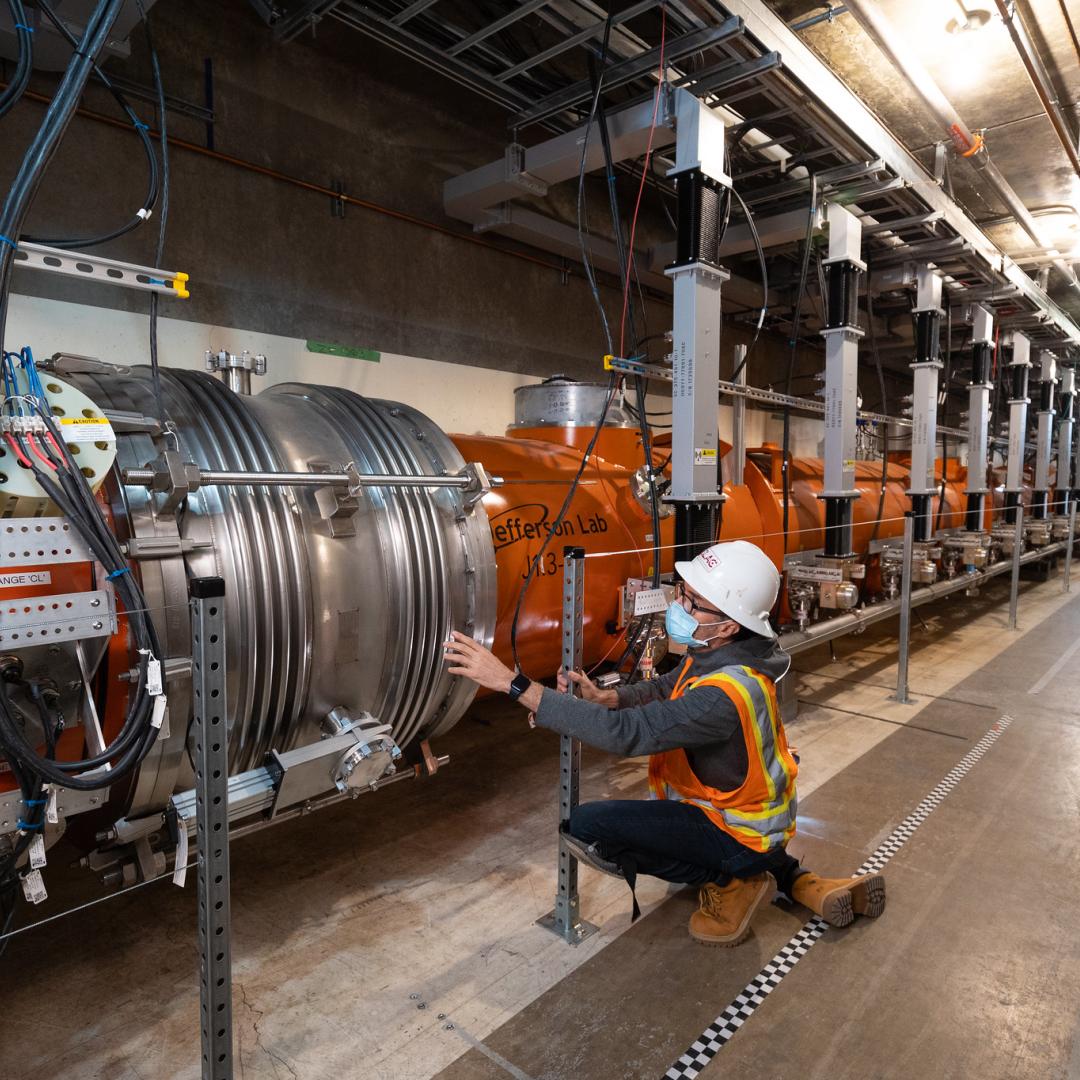Filter News
Area of Research
News Type
News Topics
- (-) Biotechnology (1)
- (-) Molten Salt (1)
- 3-D Printing/Advanced Manufacturing (15)
- Advanced Reactors (7)
- Artificial Intelligence (12)
- Big Data (7)
- Bioenergy (9)
- Biomedical (5)
- Clean Water (5)
- Composites (2)
- Computer Science (35)
- Cybersecurity (5)
- Energy Storage (8)
- Environment (19)
- Exascale Computing (2)
- Frontier (2)
- Fusion (5)
- Grid (5)
- Isotopes (1)
- Machine Learning (5)
- Materials Science (20)
- Mercury (1)
- Microscopy (5)
- Nanotechnology (6)
- Neutron Science (18)
- Nuclear Energy (17)
- Physics (6)
- Polymers (2)
- Quantum Science (10)
- Security (2)
- Space Exploration (4)
- Summit (9)
- Sustainable Energy (8)
- Transportation (12)
Media Contacts
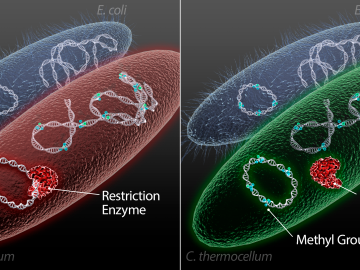
Scientists at the US Department of Energy’s Oak Ridge National Laboratory have demonstrated a method to insert genes into a variety of microorganisms that previously would not accept foreign DNA, with the goal of creating custom microbes to break down plants for bioenergy.
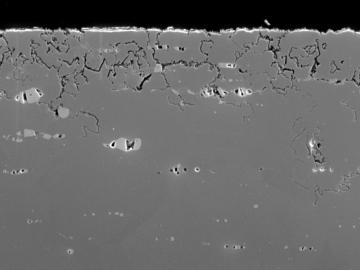
Oak Ridge National Laboratory scientists analyzed more than 50 years of data showing puzzlingly inconsistent trends about corrosion of structural alloys in molten salts and found one factor mattered most—salt purity.


